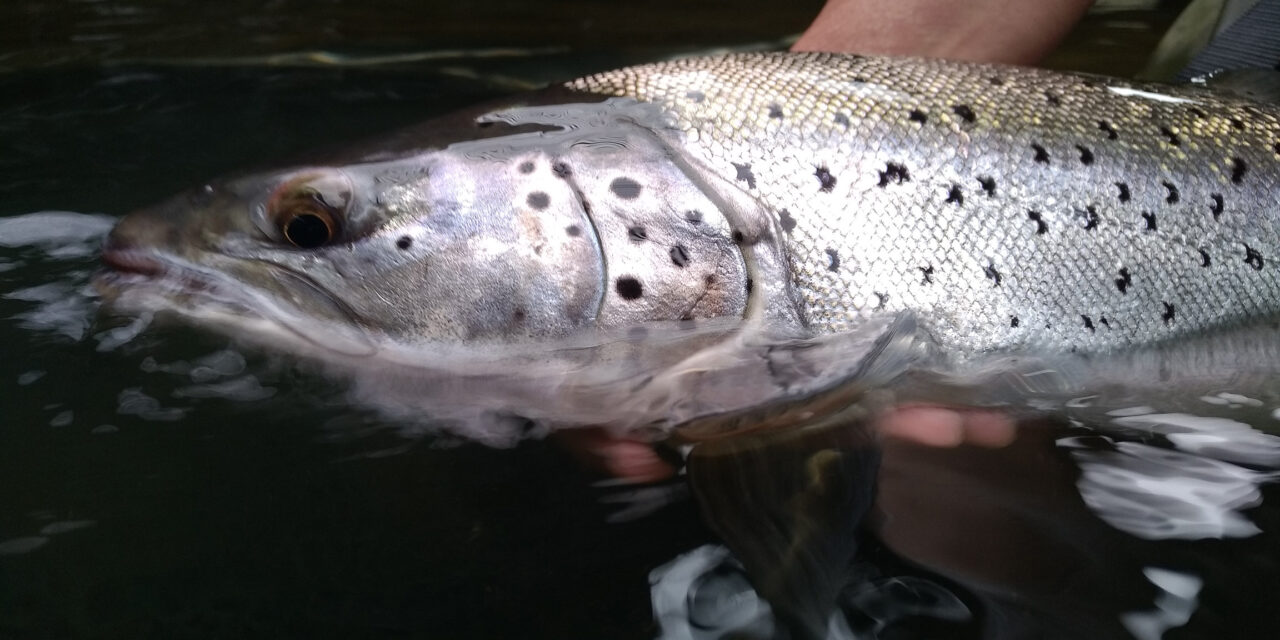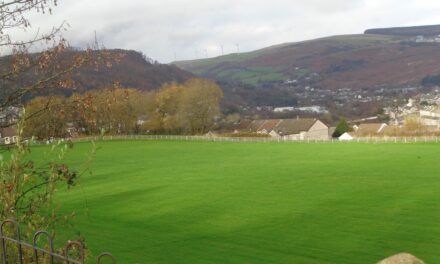Afonydd Cymru, The Angling Trust, Wild Fish Wales (formerly Salmon & Trout Conservation Wales) and The Game & Wildlife Conservation Trust (GWCT) Wales
For the last two years Natural Resources Wales (NRW) have co-ordinated the Fish-eating Birds Advisory Group with key stakeholders. This group was tasked with reviewing current scientific evidence, and establishing expert opinion, regarding the risks that populations of fish-eating birds (specifically cormorants and goosanders) pose to conserving Wales’s threatened populations of wild Atlantic salmon (Salmo salar) and sea trout (Salmo trutta).
The Advisory Group which included Afonydd Cymru, The Angling Trust, WildFish Wales (formerly Salmon & Trout Conservation Wales), The Game & Wildlife Conservation Trust (GWCT) Wales, as well as the Royal Society for the Protection of Birds (RSPB), British Trust for Ornithology, Welsh Ornithological Society, put forward 19 recommendations to NRW, to facilitate the implementation of policy in relation to fish-eating birds in Wales, with the primary aim of aiding the recovery of depleted fish stocks.
These recommendations were presented to the NRW Board for approval on the 13th of July 2022.
Dylan Roberts, Head of Fisheries for The Game & Wildlife Conservation Trust said, “Populations of our salmon and sea trout are on the brink of extinction. Protecting every young fish, to enable them to reach the sea safely, is paramount. We are at the point where every fish, juvenile or adult, counts. As a group of fish conservation organisations we are delighted that the Board has accepted each recommendation in full, and we now urge NRW to put resources in place to implement and deliver this new more effective fish-eating birds management policy to better protect salmon and sea trout populations to help return them to sustainable conservation levels.”
Populations of salmon and sea trout in Wales have declined significantly over the last 30 years, with NRW now classifying populations on every river as ‘at risk’ or ‘probably at risk’. This means that populations of these iconic fish in Wales are now below sustainable levels and on a downward trend.
Richard Garner Williams of Wild Fish Wales, said:
“With sewin(sea trout)and salmon stocks in serious decline it is imperative that immediate action be taken before they are lost forever. Wild Fish Wales looks forward to the day when stocks are restored and such interventions will no longer be necessary. In the meantime, we urge NRW to employ equal urgency and determination in addressing the many other factors, including water quality pressures and barriers, contributing to the decline of our precious sewin and salmon.”
With the aim of restoring healthy and more sustainable populations of Welsh salmon and sea trout, NRW published their ‘Salmon and sea trout plan of action for Wales2020’. A key component of the 2020 plan was to review the current scientific evidence surrounding the impact of cormorants and goosanders on juvenile salmon and trout in particular. The review concluded that although these fish are under pressure from a number of factors, fish-eating birds are a pressure and could reduce the chance of salmon and sea trout populations recovering. Of particular concern was the impact of fish-eating birds during spring, when the young salmon and trout migrate downstream, through our rivers and out to sea as “smolts” and can be held up in shoals in pools and behind weirs making them easy prey for fish-eating birds.
Mark Owen, Head of Fisheries, Angling Trust, said, “The AT welcome the difficult decisions that NRW have made in the interests of conservation of salmon and sea trout, two threatened with extinction in Wales. We look forward to robust but sensitive planning to control fish eating birds during this period of decline for salmon but also to ensure that strong legal measures are put in place to control agricultural pollution, other sources of pollution and river habitat degradation which must be regulated. For too long, NRW has focused on implementing rules to prevent anglers from taking fish, but have done little to address the broader pressures on salmon and sea trout, including from predation. I hope today’s decision will mark the beginning of a change of approach from NRW.”
Chris Mills, Chairman of Afonydd Cymru, added:“Afonydd Cymru(AC) was pleased to be party to this review and welcomes NRW’s decision to allow increased measures to minimise the predation of migratory salmonids by fish eating birds. It is important that all the biodiversity of our rivers is conserved. However, salmon and sea trout populations have crashed dramatically in recent years and previous research has shown that smolts are particularly vulnerable to predation by cormorants and goosanders. This dramatic decline in our stocks of salmon and sea trout requires urgent and priority action to protect these increasingly endangered fish. The rivers trust movement in Wales welcomes the opportunity to work with NRW and other stakeholders to determine the most effective ways to minimise this predation.”




